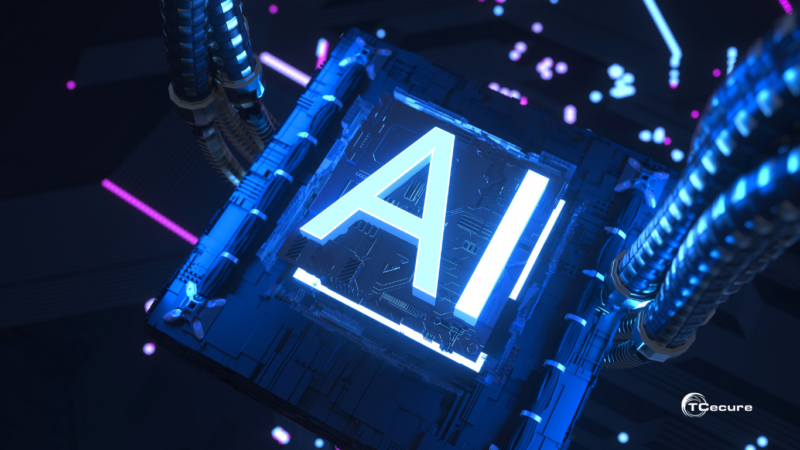
AI in Cybersecurity: Hype or the Future’s Greatest Necessity?
Artificial Intelligence (AI) is either cybersecurity’s biggest breakthrough or its most overhyped buzzword—depending on who you ask.
On one hand, AI promises to detect and neutralize threats faster than any human team ever could. On the other hand, it introduces new risks, including AI-powered attacks and the potential for misuse on a global scale.
Gartner predicts that by 2027, 40% of AI-related data breaches will arise from cross-border misuse of generative AI. (Gartner)
So, is AI truly the game-changer we’ve been waiting for, or are we putting too much trust in a technology we don’t fully control? Let’s break it down.
1. AI in Cybersecurity—A True Game Changer?
Cyber threats are evolving at machine speed, and AI is marketed as the silver bullet for stopping them. It’s not all hype—AI-driven security tools are undeniably faster and more efficient than traditional methods:
- Faster Threat Detection: AI can analyze massive amounts of data in real-time, spotting anomalies and potential breaches before they escalate.
- Automated Incident Response: AI-driven security tools can rapidly analyze vast amounts of data, detect anomalies, and automate responses to cyber threats—significantly reducing reaction times compared to traditional human-only approaches.
- Adaptive Learning: Machine learning models evolve with each attack, improving defenses over time.
However, there’s a downside—AI’s effectiveness depends entirely on the quality of the data it learns from. If it’s fed incomplete, biased, or manipulated data, it will make bad security decisions. And when cybercriminals understand how AI works, they can manipulate it to their advantage—which brings us to the real risks of AI in cybersecurity.
2. The Risks of Relying on AI Too Much
AI isn’t just a tool for cybersecurity experts—it’s also being weaponized by hackers. The rise of AI-generated cyberattacks is already happening, and businesses aren’t prepared for what’s next.
- AI-Powered Attacks Are Already Here: Hackers are using AI for automated phishing campaigns, deepfake scams, and real-time social engineering attacks. AI can mimic writing styles, clone voices, and generate fake identities, making traditional security measures less effective.
- Cross-Border AI Misuse is a Looming Crisis: As Gartner warns, 40% of AI-related data breaches will be caused by generative AI misuse across international borders by 2027. This means AI-powered cybercrime is becoming a global security threat, not just an organizational one.
- Bias & False Positives: AI models aren’t perfect—they can misidentify threats, flagging harmless activity while missing real attacks. Worse, AI systems can inherit biases from their training data, leading to blind spots in security decision-making.
- Over-Reliance on AI = A Dangerous Blind Spot: AI isn’t a “set it and forget it” solution. It still requires human oversight to avoid catastrophic errors.
The takeaway? AI alone won’t protect your business—and if misused, it could even put your data at risk. The solution isn’t to reject AI—it’s to use it wisely.
3. The Verdict: AI + Human Intelligence = The Future of Cybersecurity
So, where do we land? AI isn’t just hype—it’s a necessity. But businesses can’t afford to rely on AI blindly.
AI is a tool, not a replacement. The strongest cybersecurity strategies combine AI-driven automation with human judgment and expertise.
AI Ethics & Security Training Matter. Organizations need to invest in AI security awareness just as much as they invest in AI-powered defense systems. Without human oversight, AI can be exploited just as easily as it can defend.
The Future is AI + Humans. Cybercriminals are getting smarter, and only a combined force of AI and skilled cybersecurity professionals can stay ahead.
Final Thought: Is AI Overhyped or Our Best Defense?
So, what’s your take? Is AI the future of cybersecurity or just another over-marketed tech trend?
Let’s talk—send us a message via our contact page or DM us on social media. We would love to hear your thoughts.
#AI #Cybersecurity #FutureOfTech #CyberDefense



